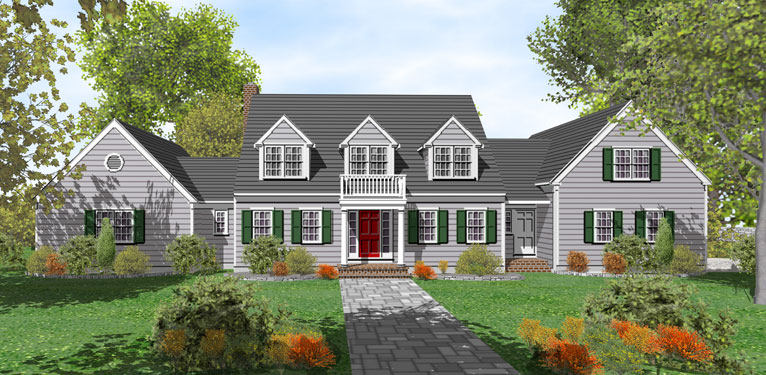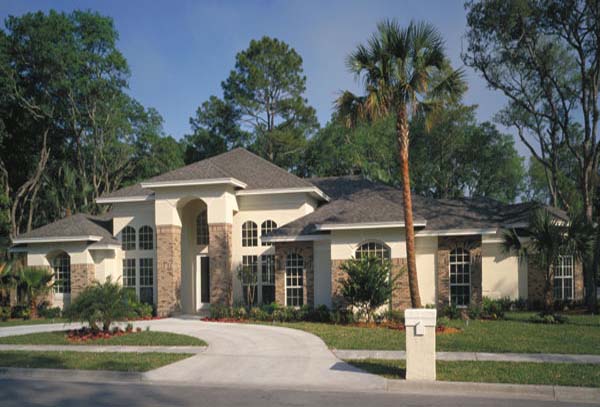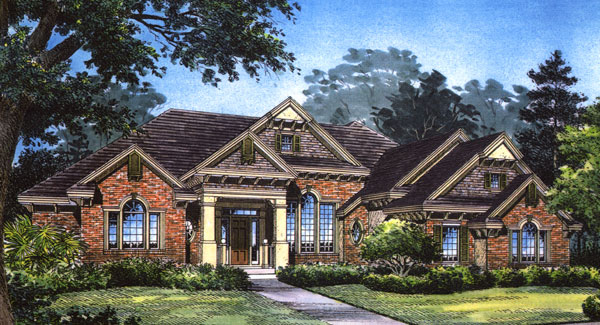Home > historical houses of africa > lealul,Zambia
Lealui, Zambia
Lealui is a small town in Zambia's Western Province, situated on the eastern bank of the Zambezi River and serving as the traditional capital of the Barotse Kingdom. It holds historical and cultural importance, housing the Lealui Palace where the Litunga, the traditional king, resides. The town reflects a blend of traditional and colonial architecture and has been a hub for trade, governance, and cultural activities within the kingdom. Lealui's cultural significance lies in its association with the Lozi people, the dominant ethnic group in the Barotse Kingdom, who have their own customs, traditions, and ceremonies celebrated in the town. Preservation efforts focus on protecting historical sites and maintaining the Lealui Palace, while tourism allows visitors to explore the palace, learn about the Barotse Kingdom's traditions, and witness cultural events and performances, all against the backdrop of the beautiful Zambezi River.
|
Lealui, located in Zambia's Western Province, has a rich historical background and showcases unique architecture and design. Historically, Lealui served as the capital of the Barotse Kingdom, which dates back centuries and was a significant political and cultural center in the region. The kingdom was ruled by the Litunga, the traditional king of the Lozi people.
In terms of architecture and design, Lealui exhibits a blend of traditional African and colonial influences. The town features traditional Lozi houses, characterized by their distinctive thatched roofs and mud walls. These houses are built using local materials and techniques that have been passed down through generations. The architectural style reflects the indigenous culture and lifestyle of the Lozi people.
The town also includes colonial-era buildings that were constructed during the period of British colonial rule. These buildings showcase European architectural influences, such as Victorian and Edwardian styles. The colonial structures often feature elegant designs, spacious interiors, and decorative elements that add to the town's architectural diversity.
The focal point of Lealui's architectural landscape is the Lealui Palace, the residence of the Litunga. The palace is a significant symbol of the Barotse Kingdom's authority and cultural heritage. It combines traditional African design elements with colonial architectural features, creating a unique and visually striking structure. The palace is typically built using natural materials like wood, thatch, and clay, emphasizing a harmonious integration with the surrounding environment.
Overall, Lealui's historical background and architecture provide valuable insights into the region's cultural heritage and the historical development of the Barotse Kingdom. The blend of traditional and colonial influences in the town's design highlights the cultural diversity and historical evolution of Zambia's Western Province.
Lealui holds significant cultural importance as the former capital of the Barotse Kingdom and the residence of the Litunga. The town is deeply connected to the traditions, customs, and beliefs of the Lozi people, who consider it a place of great historical and spiritual significance. The Barotse people have a rich cultural heritage, including their unique language, music, dance, and festivals. These cultural practices are celebrated and preserved in Lealui, serving as a source of pride and identity for the local community.
Preservation and maintenance of Lealui's cultural heritage are essential to ensure its continued significance. Efforts are made to safeguard traditional architectural styles, including the preservation of traditional Lozi houses and the iconic Lealui Palace. Conservation initiatives focus on maintaining and repairing historic structures, using traditional building techniques and materials whenever possible. Additionally, cultural events and festivals are organized to promote the preservation and appreciation of local traditions and customs.
Collaboration between the local community, heritage organizations, and government bodies plays a vital role in the preservation and maintenance of Lealui's cultural significance. This involves implementing conservation plans, raising awareness about the importance of cultural heritage, and providing resources for ongoing maintenance and restoration efforts. Education and engagement programs are also conducted to involve the younger generation in understanding and appreciating their cultural heritage.
By preserving and maintaining Lealui's cultural significance, the town can continue to be a vibrant hub of cultural activities, attracting visitors from both within Zambia and around the world. The cultural heritage of Lealui serves as a link to the past, providing valuable insights into the history, traditions, and identity of the Lozi people and the Barotse Kingdom. It is through the preservation and celebration of these cultural elements that Lealui can continue to thrive as a living testament to Zambia's rich cultural diversity.
Tourism in Lealui is centered around cultural experiences and historical attractions. Visitors have the opportunity to explore the Lealui Palace, learn about the traditions and customs of the Barotse Kingdom, and witness traditional ceremonies and performances. The natural beauty of the Zambezi River and its surrounding landscapes also attract tourists to the area.
In conclusion, Lealui, Zambia, holds great historical, cultural, and architectural significance as the former capital of the Barotse Kingdom. Its role as the residence of the Litunga and its association with the traditions and customs of the Lozi people make it a place of immense cultural value. The preservation and maintenance of Lealui's cultural heritage are crucial for ensuring its continued significance and promoting a sense of pride and identity among the local community. Efforts to conserve traditional architecture, organize cultural events, and engage the younger generation contribute to the sustainable preservation of Lealui's cultural heritage. By valuing and safeguarding its rich history and cultural traditions, Lealui can continue to serve as a vibrant symbol of Zambia's cultural diversity for generations to come.










